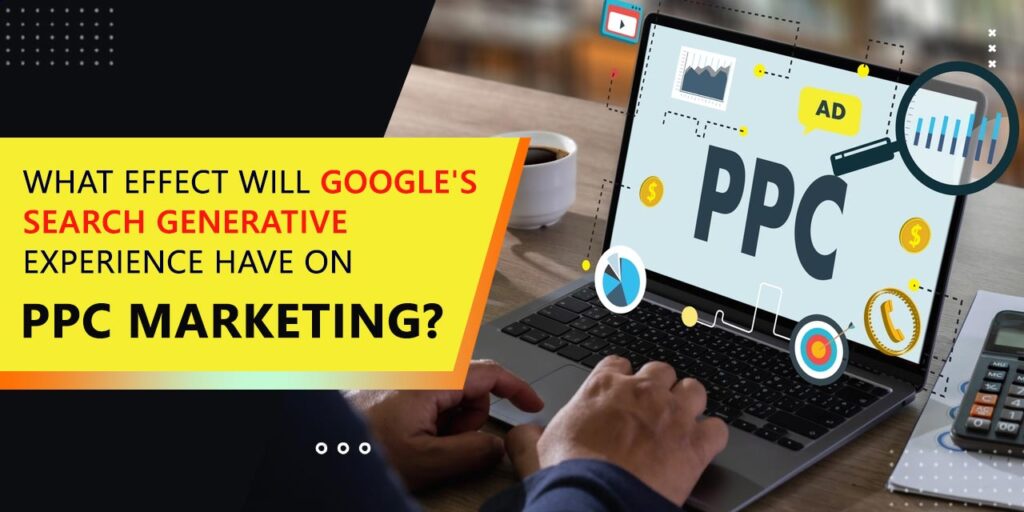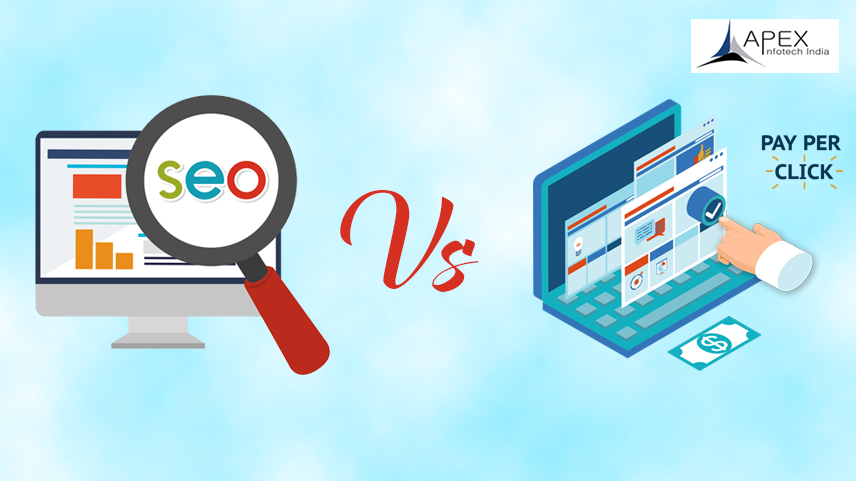A cutting-edge development to watch out for is Google’s Search Generative Experience (SGE), a feature that’s set to change how people engage with search results Considering that some experts predict that this innovation has “the potential to revolutionize the sector altogether including PPC marketing,” the SGE differs significantly from anything else on the market.
What is SGE?
Google’s Search Generative Experience (SGE) marks a significant advancement in the platform’s search landscape. SGE, unlike regular search results, uses advanced AI to quickly summarize users’ queries without requiring them to click on website links and Its goal is to offer top-notch user experience. However, it’s still in testing and is only available in 120 countries and seven languages. This innovative search approach uses various AI-powered technologies, including:
- Natural language processing
- Large language models,
- Machine learning,
- Deep learning
These technologies enable Google to understand user queries and process relevant content. With SGE, users can also ask follow-up questions based on the generated answers. This framework also helps them receive product recommendations. This streamlined experience offers users:
- Quick, pre-formulated responses to queries.
- Brief abstracts are accessible without requiring in-depth searching
- Summary of Important Takeaways
- Clear instructions for task execution
SGE is going to heavily enhance and tailor users’ search experiences. But it is also true that it also alters the presentation of SERP results. This grass transformation calls for advertisers and marketers to reanalyze their strategies to run ads and optimize content ranking on the search engine.
How will Google search generative experience impact PPC?
In the new SGE landscape, Google search ads appear different. They’re more visual and descriptive than before. This image compares traditional Google search ads with the updated ones in the SGE landscape, showing enhanced visual and descriptive features. The new generative search experience will focus on conversational interactions. As a result, marketers will need to modify their advertising according to the newly revised search landscape. Here are some changes PPC ads will undergo:
- Visual Emphasis: SGE gives more importance to visuals in ads, including additional image extensions. Advertisers will need visually engaging ad creative that’s optimized for this new environment.
- Keyword Intent: Ads for searches indicating clear commercial intent will be highlighted. This could lead to higher engagement and conversion rates.
- Ad Placements: Ad placements will change due to generative AI, with fewer advertising showing up above AI or organic sections. As a result, ad auctions will be more competitive.
- Ad Format Testing: Alongside, Google is testing new ad types in SGE such as “You May Also Like” in which a display of a carousel of products with AI-crafted responses. The impact on ad performance and costs is still being assessed.
- Increased Ad Space: SGE will have more room for ads, which might raise click-through rates and put pressure on marketers to battle for spots. As a result, in a scenario where there are many advertisements, marketers should keep tweaking their advertising efforts to increase visibility.
PPC and SEO to come together?
While there won’t be significant changes to PPC metrics in the near future, the introduction of SGE will reshape how SEO and PPC experts collaborate. As search behaviors evolve, PPC and SEO marketers will need to work closely together to provide a unified user experience.
The Issue with SGE
While SGE can answer many types of questions, it often gives wrong answers, especially for nearby searches. This might affect how many people use SGE. It’ll become more popular when there are more right answers than wrong ones, maybe in three to five years when everyone’s used to it. Also, SGE isn’t effective for all types of questions.
Competitor Research and SGE
The experts agreed that while it’s helpful to consider what competitors are saying, it’s important to be cautious. The challenge in SGE lies in figuring out if they’re being original or simply following Google’s RSA suggestions. In a competitive landscape where many use similar phrases, standing out will be more challenging than ever. Always pay attention to what your rivals are saying, but don’t forget to observe what actions they take.
Opportunities and Challenges for PPC Marketers in the Era of Search-Generative Experience
To prepare for the launch of SGE, PPC marketers should expand their skill sets. Skills like video creation, copywriting, and broader marketing strategies are becoming more important. The digital marketing landscape is changing, so it’s essential to strive for excellence and have a diverse skill set for success in the SGE era. SGE won’t just change SEO but also PPC marketing. By staying updated and broadening your skills, your business can attract more online customers and stay ahead of the competition.
Faqs
What impact will Google’s SGE have on keyword targeting in PPC ads?
Google’s SGE will change how we target keywords in PPC ads. Instead of just focusing on certain keywords, we’ll start using a more flexible approach. This means it’s super important for PPC marketers to focus on optimizing websites and tracking conversions. Google’s algorithms will play a bigger role, using info from lots of places to target ads better.
How will Google’s SGE influence bidding strategies for PPC marketers?
SGE is a game-changer for PPC. Now, ads share space with AI-generated search results on Google’s SERPs, which could change how users engage with them. Experts stress the importance of adjusting ad placement strategies to stay visible and effective.
What challenges might PPC marketers face with Google’s Search Generative Experience?
PPC markets now have to keep tweaking their PPC strategies to stand out and generate leads. Plus, they also have to work on content optimization as per the guidelines of AI-driven search engines.



